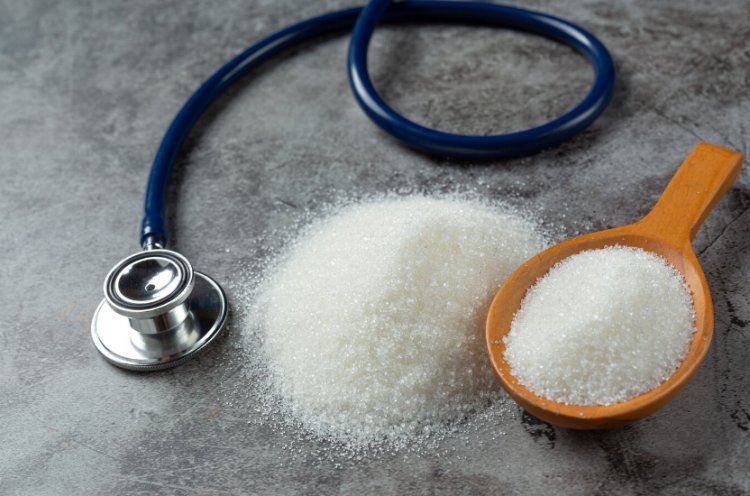Managing Hypoglycemia: Tips for Preventing Low Blood Sugar
Hypoglycemia, commonly known as low blood sugar, occurs when the level of glucose in your blood drops below normal levels. Glucose, a type of sugar, is the primary source of energy for your body's cells, particularly the brain. Therefore, maintaining stable blood sugar levels is crucial for overall health and well-being. In this article, we will delve into the causes, symptoms, and treatment options for hypoglycemia.

Causes of Hypoglycemia
-
Diabetes Medications:
- Insulin: People with diabetes who take insulin injections or use insulin pumps are at risk of hypoglycemia if they take too much insulin, skip meals, or engage in excessive physical activity without adjusting their insulin dosage.
- Sulfonylureas: These oral medications stimulate insulin production in the pancreas and can sometimes cause blood sugar levels to drop too low.
-
Excessive Alcohol Consumption:
- Drinking alcohol, especially on an empty stomach or in combination with certain diabetes medications, can lead to hypoglycemia. Alcohol can interfere with the liver's ability to release stored glucose into the bloodstream.
-
Medical Conditions:
- Insulinoma: A rare tumor of the pancreas that produces excessive amounts of insulin, leading to hypoglycemia.
- Kidney Disorders: Impaired kidney function can affect glucose metabolism, leading to low blood sugar levels.
- Hepatic Failure: Liver dysfunction can impair glycogen storage and glucose release, contributing to hypoglycemia.
-
Strenuous Physical Activity:
- Intense exercise can deplete glycogen stores in the muscles and liver, causing blood sugar levels to drop.
- Individuals with diabetes or those taking certain medications should be cautious about monitoring their blood sugar levels before, during, and after exercise.
Symptoms of Hypoglycemia
Hypoglycemia can manifest with various symptoms, which can range from mild to severe. Common symptoms include:
- Shakiness or tremors
- Sweating
- Palpitations
- Hunger
- Irritability or mood swings
- Confusion
- Difficulty concentrating
- Weakness or fatigue
- Headache
- Blurred vision
- Seizures (in severe cases)
- Loss of consciousness (in severe cases)
Treatment of Hypoglycemia
The primary goal of treating hypoglycemia is to raise blood sugar levels quickly to prevent complications. Treatment strategies include:
-
Consuming Fast-Acting Carbohydrates:
- Consuming 15-20 grams of fast-acting carbohydrates, such as glucose tablets, fruit juice, or regular soda, can rapidly raise blood sugar levels.
- It's essential to follow up with a source of protein or complex carbohydrates to sustain blood sugar levels.
-
Glucagon Injection:
- For severe hypoglycemia episodes where the individual is unable to consume oral carbohydrates, a glucagon injection may be necessary.
- Glucagon stimulates the liver to release stored glucose into the bloodstream, raising blood sugar levels.
-
Adjusting Diabetes Medications:
- If hypoglycemia is a recurrent issue, adjustments to diabetes medications may be necessary.
- Working closely with a healthcare provider to modify insulin dosages or switch to alternative medications can help prevent future episodes.
-
Continuous Glucose Monitoring (CGM):
- CGM devices continuously monitor blood sugar levels and provide real-time data, allowing individuals with diabetes to detect and prevent hypoglycemia more effectively.
-
Prevention Strategies:
- Consistent monitoring of blood sugar levels, especially before and after meals, exercise, and sleep, can help prevent hypoglycemia.
- Following a balanced diet, spacing meals evenly throughout the day, and avoiding excessive alcohol consumption can also reduce the risk of low blood sugar.
In conclusion, hypoglycemia is a potentially serious condition that requires prompt recognition and appropriate management. By understanding the causes, symptoms, and treatment options for hypoglycemia, individuals with diabetes and healthcare providers can work together to maintain optimal blood sugar control and prevent complications.
What's Your Reaction?





















